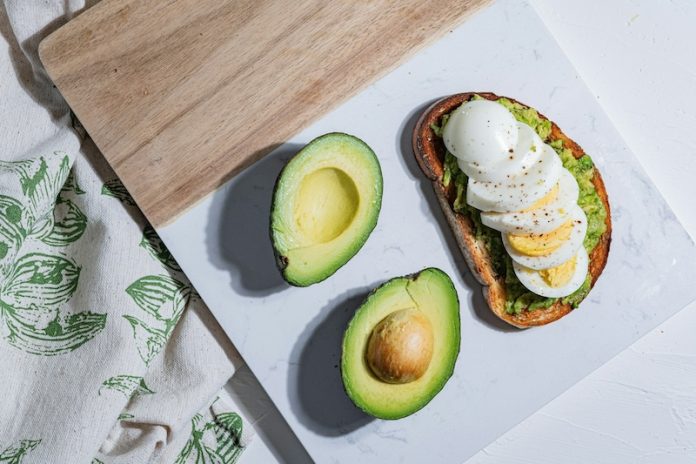
Electrolytes are like the spark plugs of our body.
They are minerals that carry an electric charge and are crucial for many of our body’s functions, including muscle contraction, nerve function, and maintaining fluid balance.
Just like a car needs the right balance of oil and fuel to run smoothly, our bodies need the right balance of electrolytes to function properly.
This article delves into the world of electrolytes found in foods, offering insights into how incorporating foods rich in these vital minerals can boost your health, based on background information and current research.
Our body’s main electrolytes include sodium, potassium, calcium, magnesium, chloride, phosphate, and bicarbonate. Each plays a unique role in our health. For instance, sodium helps control fluids in the body, affecting blood pressure.
Potassium is key for nerve and muscle function. Calcium is essential not just for bone health but for heart, muscle, and nerve function as well.
Magnesium supports over 300 biochemical reactions in the body, including muscle and nerve function, immune system support, and keeping the heartbeat steady.
Interestingly, despite their critical roles, our bodies don’t produce electrolytes. We must obtain them from what we eat and drink. The good news is, many foods are naturally rich in these essential minerals. Let’s explore some of the top sources.
Fruits and vegetables are stellar sources of electrolytes. For example, bananas and sweet potatoes are packed with potassium, while avocados are rich in potassium and magnesium.
Leafy greens like spinach are high in magnesium, potassium, and calcium. These foods not only supply electrolytes but also come loaded with vitamins, fiber, and antioxidants, offering a powerhouse of nutrition.
Dairy products are excellent sources of calcium, and also provide potassium and phosphorus. A glass of milk or a serving of yogurt can contribute significantly to your daily electrolyte needs, alongside providing protein and vitamin D.
Nuts and seeds, such as almonds, peanuts, and pumpkin seeds, are high in magnesium and also offer calcium and phosphorus. Including a variety of nuts and seeds in your diet can help maintain electrolyte balance and promote overall health.
Seafood, including fish like salmon and shellfish, can be high in electrolytes like sodium, potassium, and magnesium. They’re also a great source of omega-3 fatty acids, which are beneficial for heart health.
Even hydration plays a critical role in maintaining electrolyte balance. Coconut water, often dubbed “nature’s sports drink,” is a good source of potassium, magnesium, sodium, and calcium. It’s a refreshing way to replenish lost fluids and electrolytes, especially after exercise.
Research underscores the importance of maintaining electrolyte balance for overall health. A study published in the “Journal of the International Society of Sports Nutrition” highlights the role of electrolytes in preventing dehydration and promoting optimal physical performance.
Another research piece in the “American Journal of Clinical Nutrition” points out the link between electrolyte balance and reduced risk of cardiovascular diseases.
It’s evident that a diet diverse in fruits, vegetables, dairy, nuts, seeds, and seafood can support a healthy electrolyte balance, contributing to better health and wellbeing.
However, it’s also important to consume these minerals in moderation, as too much of any electrolyte can have adverse effects. For most people, a balanced diet provides an adequate supply of electrolytes without the need for supplements.
In conclusion, electrolytes are vital to our health, playing key roles in many of the body’s essential functions.
By incorporating a variety of foods rich in these minerals into our diet, we can help ensure our body runs smoothly, like a well-oiled machine. Remember, when it comes to electrolytes, balance is the key.
Follow us on Twitter for more articles about this topic.
Copyright © 2024 Scientific Diet. All rights reserved.





